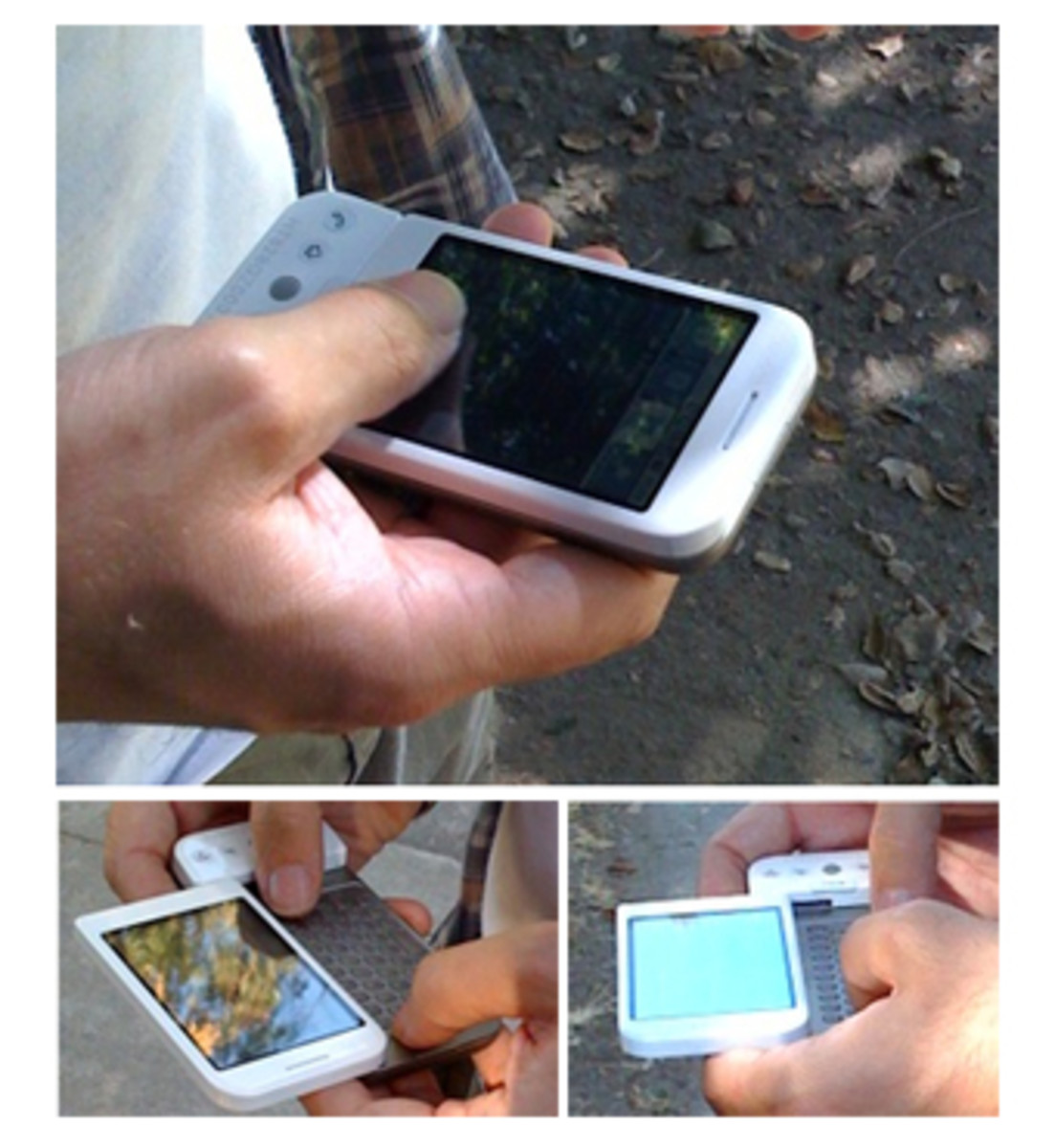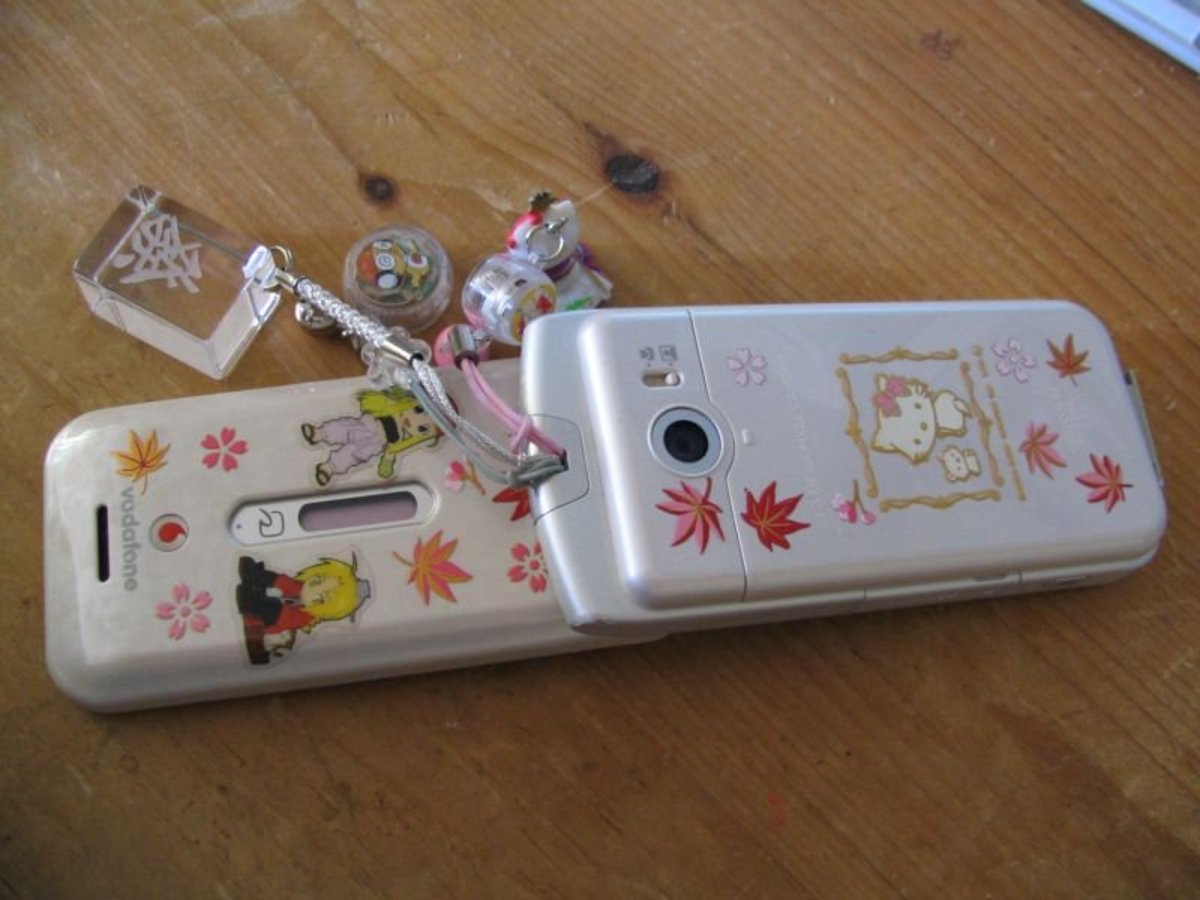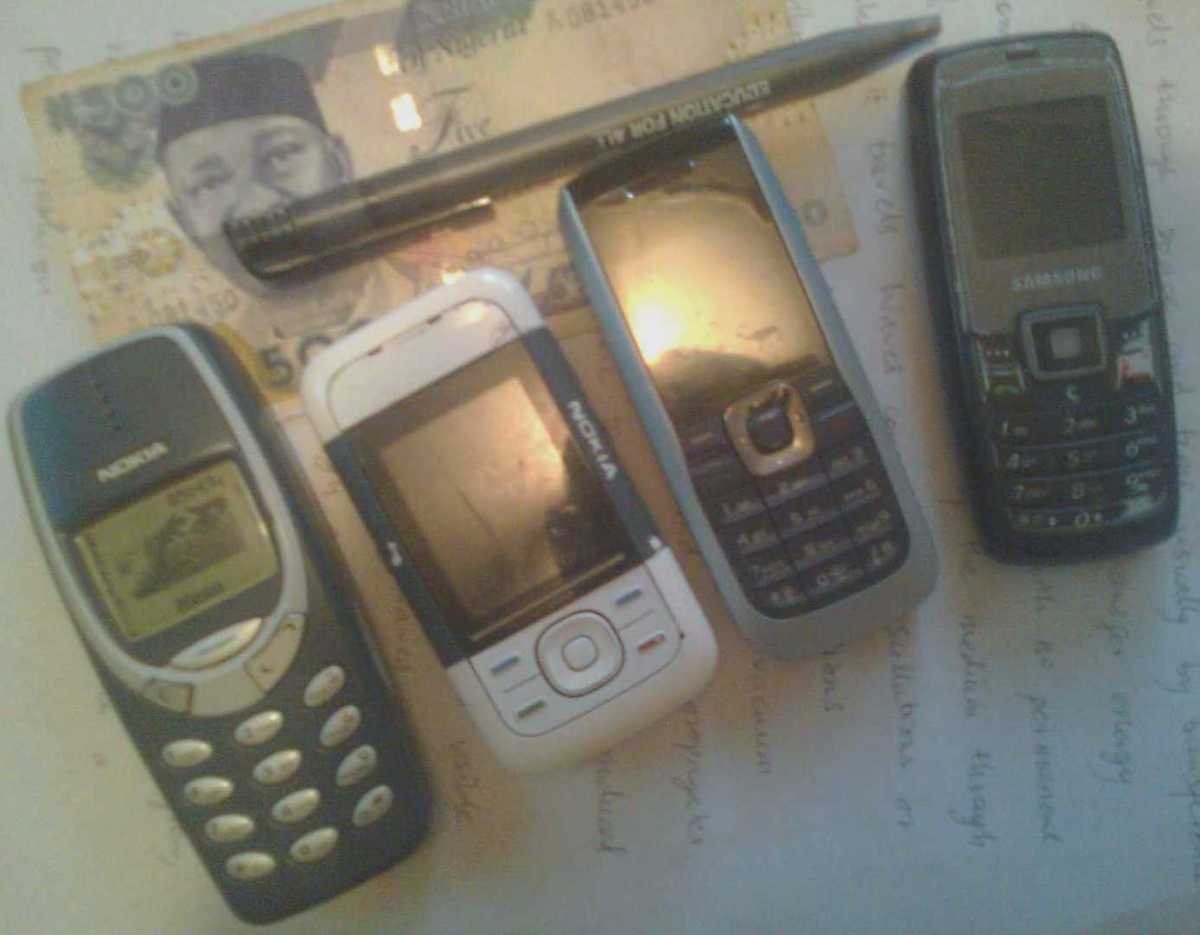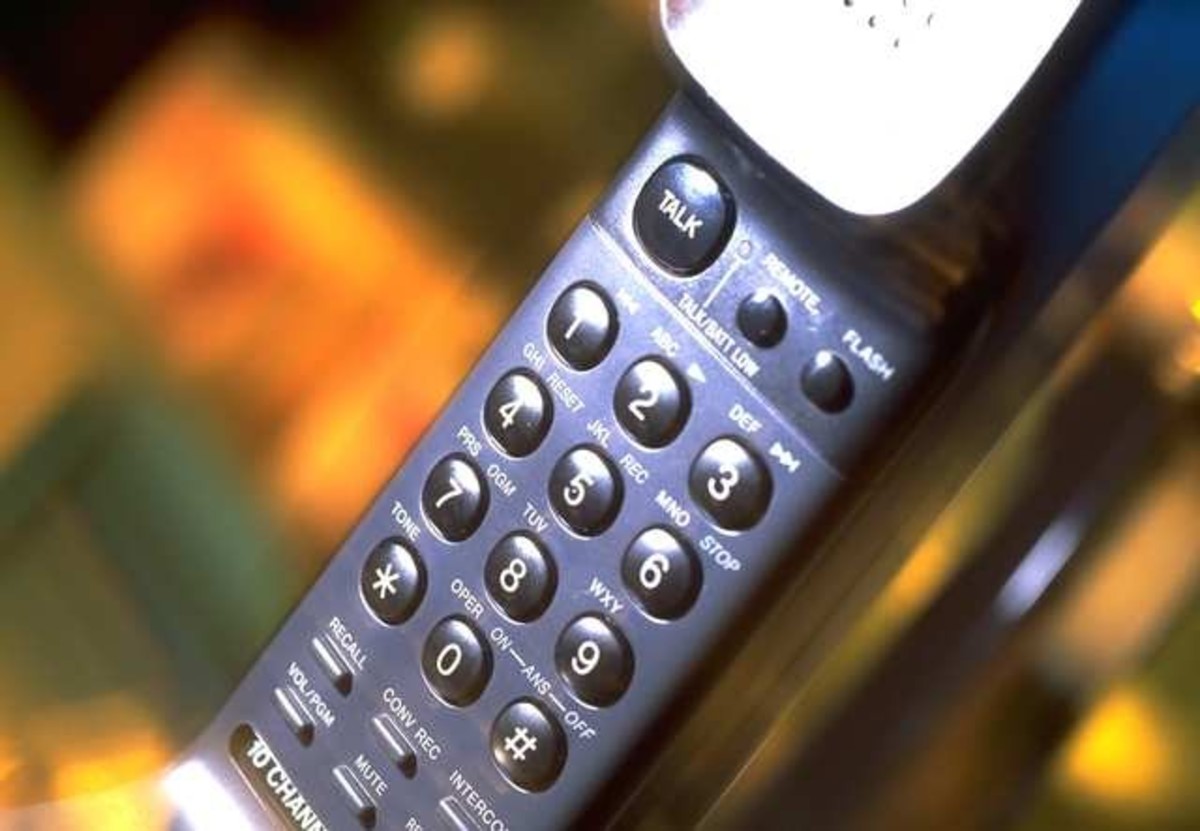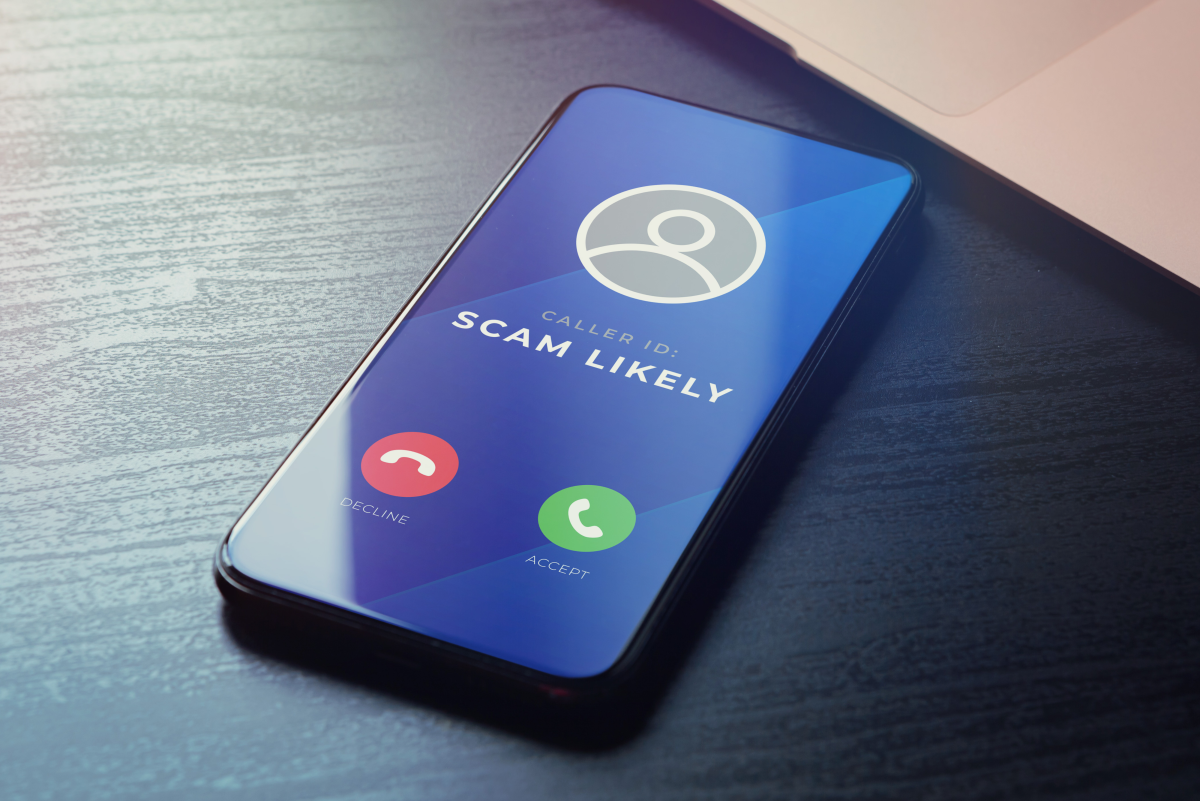8 Things You May Not Know About Your Cell Phone Company
Cell phones, Missing & Exploited Children and CyberTipsline
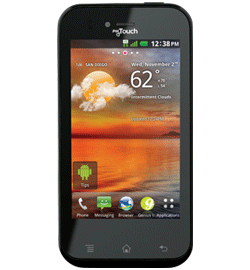
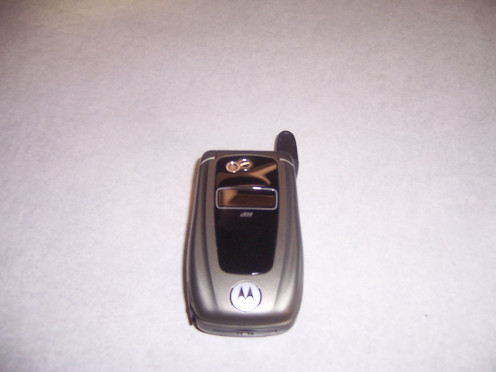

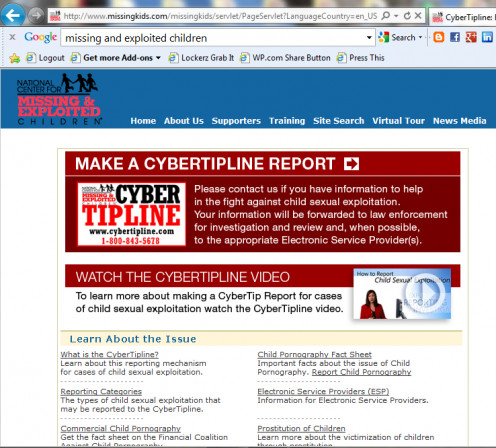
Tips to better understand your telecommunication company
I have a B.A. in Paralegal Studes and worked for a major telecommunication company for over 5 years as an electronic surveillance technician. Although I mostly spoke with law enforcement, every now and then I spoke with customers.
Two of the biggest misconceptions people commonly have about their cell phone company: 1. Don't let CSI or the Fox network misguide you on technologies or conspiracy about monitoring your phone without a legal demand. 2. Just because you purchased a phone, doesn't mean you own the phone calls, text, voicemail or anything else on the phone. What that means is you won't be able to just look online and get all your incoming and outgoing calls or text messages or call the company and request it. Why? Privacy and protecting your personal information overrides; along with the Federal and State laws applicable to the telecommunications industry. You are paying for a service, you don't own it!
This is an ever and constant changing industry, along with its laws. You may call one week and can get all of your text messages with a customer consent form, the next week the answer may be, "No, we no longer maintain those records. They are purged from our system immediately."
I just wanted to share some tips that may help and guide you towards the right telecommunication company when you choose a phone and service.
- General information. What do you need from your cell phone company? What are the most important needs you have? Is it coverage area, a fast Internet, having access to your incoming and outgoing calls. Tracking all the text messages (SMS Short messaging system - terminology for text). Why do you need to lay this information out first? Because every cell phone company specializes or has strengths in certain areas; but not all of them. Because they all interpret the laws a bit differently and lay out polices based on those interpretations. Some will only maintain records they are required to store. Phone calls are a seperate technology from the rest of the things you use on your phone. Those other things are considered "stored communications" (text, voicemail, pictures/videos, etc.)
- Research. Check out each company you are considering and review what they have available to the customer. If one of your main priorities is to have access to all text records or all picturemail and videos; find out their retention policy if at all. If something important to you is not available; you may not choose that company. Keep preparing your questions to ask that company prior to starting or switching your service.
- Coverage. Advertised coverage versus real life coverage is key. You can look on the maps the companies offer online, but you will benefit in searching online for reviews and comments by individuals and talking to other people with that service in the area you plan to use the phone the most. The technology in cell towers is also a changing technology and there are times they are transitioning from older to the newer technologies. Most of the larger companies are investing in improving coverage. The real test is real life connections or a lot of dropped calls.
- Voicemail. Voicemail is a stored communication. Most telecommunication companies automatically purge these out of their system and therefore; right off your phone. Even if you saved it and need it for any reason, including a day in court. It is gone forever unless you saved it or recorded it onto a disc or your computer or use Google Voice. Ask the company how long the voicemail will stay on the phone. The average is 15-25 days. If you change you phone and buy a new one, often times it will not transfer to the new one. So again, if you need them, save them to a separate device first.
- Text and pictures. These are considered stored communications and currently, law doesn't require a phone company to maintain these records. Many automatically purge the text from their systems automatically. Even if you still see them on your phone, they maybe nonexistent elsewhere. If you need them for a civil legal matter, you may not be able to use them. Each state has different laws and and privacy guidelines that prevents them from from being presented in a court of law. Why? Because the text are from more than just yourself and that invokes a privacy issue on the part of the other person you exchanged the message with.
- Federal Laws. I want to share a resource that you may review to better understand your rights when needed. These are the same laws that define telecommunication company polices. USC section 18 Corn.ell college is an excellent resource for legal statutes.
- Unresolved problems and how to get them handled. Call immediately and calmly work through the problems and what you expect. They will let you know what they can do to solve the problem. If it is not resolved through verbal and written disputes via regular customer service. Get in touch with the "escalated customer service help line". Smaller companies may not have this available. Expect to spend a lot of time on more complex issues. Companies are a long ways from being highly efficient in handling complex problems with your account.
- Review your bill closely. Make sure if still offered, a log of calls is kept, otherwise you will just get a summary; which doesn't list out calls in detail. Due to privacy laws, Outgoing calls are listed without the actual listing of the phone number due to privacy for that person. People can call your phone blocking their number and that means the number comes into the phone companies network blocked as well. Some companies have the ability to allow you to block a phone number from calling you, but you have to know the phone number.
Congratulations! You are now a well informed telecommunication customer and you will benefit a great deal more from understanding your service and what you are getting or not getting. Keep in mind, you may consider Google Voice if you need a record of all your calls, text and voicemail, regardless of what your personal telecommunication company maintains or not. just thoroughly review how it works. I think this is a useful service for the hearing impaired as well.
Google Voice Tutorial and What it Is or Does
This is for the parents of children 17 and younger with cell phones
I want to also give some insight and understanding for what can happen when teenagers exchange what can be considered as pornographic material. Did you know when you post a photograph or a video, you can never fully remove it from the internet? They remain out there somewhere FOREVER!
Did you know that unless you disable the location information on your cell phone before uploading an image or a video, it attaches your location with the exact or close location using latitude and longitude? If you leave this feature on a child's phone, they upload a photograph to a child molester (without realizing it,) that bad person can find your child. Make sure you disable that feature when they send photos. You do want the location on when you have a "Family Locator" service, but you can do that when you are going to be seperate and not at home.
Some guidelines to follow and discuss with your child or children with cell phones and what you expect and why. Can you imagine how devasting it is to be caught in the middle of child pretator laws that could affect your teenagers that decided to inicently exchange nude photographs of each other. If either one falls under the age in your law and someone sees or reports it, One of both people can have a criminal record and have to file as a child sex offender.
This is so potentially dangerous, that is the reason I want to inform you of how serious it can be. You don't want to think that no one will find out since it is on your private phone. Kids share things. They end up on social media sites, youTube videos go live, Facebook lights up with drama. Text with photos get forwarded to friends and the concept of going viral means someone will find out and as required by law and according to the National Missing and Exploited Children - it must be reported when you witness any inappropriate images of underage children.
What to discuss with your teenager prior to handing a cell phone and giving them free range and ownership of it.
- This cell phone is not yours. It is a privlige to use it and I pay the bill and own it (not according to phone companies, but just for parenting sake - yes) That means at any time I can take it away from you and I can review the phone and what is in it.
- Explain about pornorgraphy, laws and what that means if they decide to do that. Set very firm statements to never ever take part in this type of exchange with your friends or adults. Ensure that they fully understand they cannot hide it if the person you send the photo or video decides to share it with others.
- Let them know they may not download any of the applications without your permission as many cost a fee and even a monthly fee. As a parent, you can have the mobile phone company block 3rd party premium services to at least ensure your kids don't accidently activate any of those. (example of one: T-mobile has a 411 service application, I clicked it and I suddenly had an additional 9.99 a month charge on my bill and sales texts showing up on my phone daily. I myself was not aware it was a premium service, it never stated there would be a fee)
Missing and Exploited Children CyberTip Line - Reporting Child Pornography
If you do thrive on Consipiracy Theories, this video is for you
Parental Control of a Child's Cell Phone with Spyware
Phone applications called "Spyware" can monitor a child's cell phone for you. If you want that additional peace of mind and easier access to monitor everything on their phone, this is the best way to do it. Check the video to see what all the new phone application does.
Be very careful with applying this to an adult's phone, this can have legal implications. It is allowed for a child's phone only.
To learn more about parental monitoring programs for your cell phones and computers, check online in any search engine to find the best programs for your family.
Spyware for Parents to use on Kids Cell Phones
Cyber Tip Line Website
- CyberTipline - NCMEC
The CyberTipline is the National Center for Missing & Exploited Children's reporting mechanism for suspected child sexual exploitation. To make a report visit www.cybertipline.com.www.cybertipline.com.

